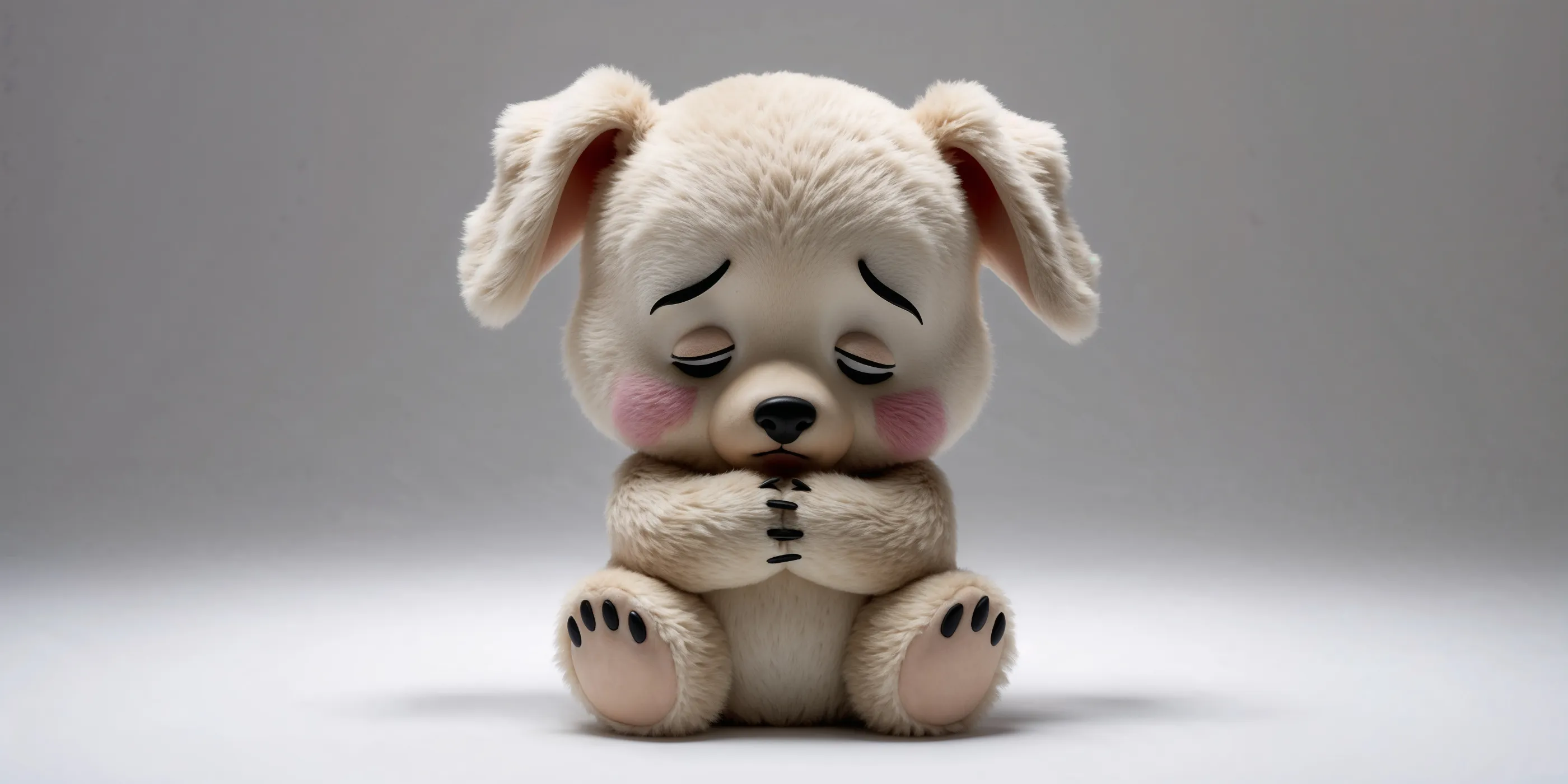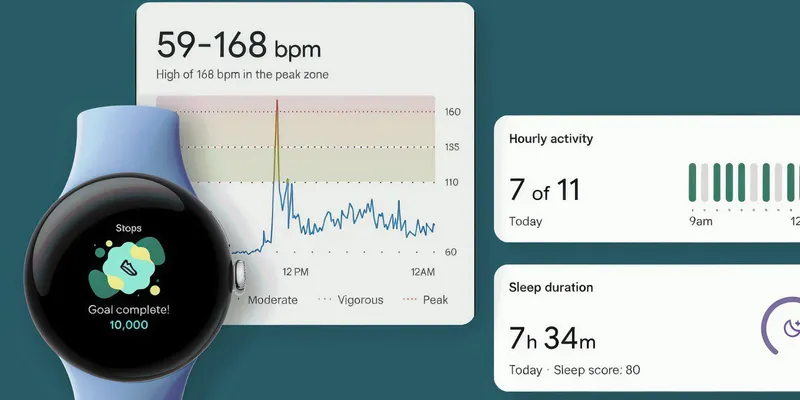Just hearing the word "depression" can originate a multitude of reactions. A deep sigh. A knowing nod. A vague sense of unease. But what exactly is depression? Why do some folks battle with it while others seem unscathed?
Understanding Depression
Depression, also known as Major Depressive Disorder (MDD) or clinical depression, is more than just feeling sad or going through a rough patch. It’s a serious mental health condition that requires treatment, just like any physical ailment.
Depression affects how you think, feel, and function in daily activities. It can impede your ability to work, study, eat, sleep, and enjoy pleasurable activities. It’s not a sign of weakness or a character flaw. It is a real, scientifically validated condition that affects 1 in 10 adults in any given year.
The Root Causes of Depression
Depression doesn't select its targets based on face value; rather, it's a universally indiscriminate tormentor. There's no single cause, but rather a multitude of factors that could lead to its onset.
Genetics play a significant role. If a twin, parent, or sibling suffers from depression, you're 2 to 3 times more likely to develop it. Brain chemistry is another biggie. Neurotransmitters in our brains play a role in mood regulation, and imbalances can trigger depression.
Then come environmental factors. Stressful life events, trauma, or changes can push an individual into the realms of clinical depression. Not forgetting physical health problems, which often go hand in hand with depressive episodes.
Manifestations of Depression
Depression sails in many boats and has an endless wardrobe of disguises. It could show up as persistent feelings of sadness, anxiety, emptiness, or hopelessness. Or perhaps as an irritated mood, feelings of guilt, or frustrations over small matters.
Loss of interest in activities you once enjoyed, decreased energy levels, unexplained aches and pains, weight fluctuations, insomnia or excessive sleeping are also common indicators. You may experience difficulty thinking, concentrating, or making decisions, which can drastically impact your day-to-day life.
Why Only Some People Suffer?
You may wonder, if depression can strike anyone, why don't we all suffer from it? Well, our minds and bodies react differently to stressors and triggers based on various factors - our genetics, environment and personal resilience levels.
Some folks are naturally more resilient, with innate coping mechanisms that aid them to handle the stressors better. For others, their environmental situations may offer more protective buffers against depressive triggers. It’s indeed a lottery where no one wishes to win the prize.
The Upside of Depression
Is there an upside to feeling down? It seems counter-intuitive, right? Believe it or not, some theories suggest at times depression can be a form of a "wake-up call".
Depression may encourage some people to pause, introspect, and evaluate their life. It may offer insights into unhealthy patterns or situations which they might want to change. In this regard, depression could serve as a catalyst for some significant personal growth.
This doesn't negate the fact that depression is a severe, potentially life-threatening condition. Nevertheless, it's a silver lining to an otherwise very gloomy cloud.
The Dark Side of Depression
Depression, sadly, bears a multitude of repercussions that extend beyond the individual's mental health. It can negatively impact their physical health, relationships, professional life, and even their longevity.
The longer this condition persists without intervention, the more drastic the impact. Hence, it is of utmost importance to seek help at the earliest, to nip this malicious weed in the bud.
Treatment Options for Depression
Depression is a formidable adversary, but it’s crucial to remember: You do not have to face it alone, nor do you need to tackle it unarmed. Armed with proper treatment strategies, you can win the battle.
Psychotherapy, or talk therapy, can be an effective treatment for depression. Additionally, various medications, such as antidepressants, can help regulate brain chemistry and relieve many symptoms of depression. Exercise, a healthy diet, adequate sleep and social support also play crucial roles in managing and overcoming depression effectively.
Key Takeaways
Depression is not a battle to be won overnight - it's a journey of healing, resilience, and self-discovery. It’s not a sign of weakness, but rather a test of strength. It’s a pinnacle example of how skewed the brain can sometimes be, and how exquisitely enigmatic human beings are.
Remember, there’s no shame in seeking help, because the sun always shines again, even after the darkest storms.













